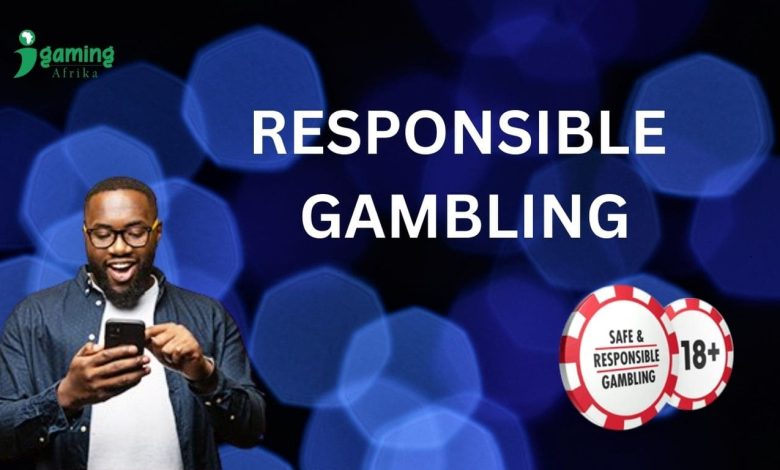I don’t think anyone predicted the rise of South Africa’s gambling industry, especially to think that Gambling in South Africa has been heavily restricted since 1673. However, in 1995, a study by the Wiehahn Commission recommended that the government regulate gambling to protect society from overstimulation, raise revenue through taxes, create employment and empower the historically disadvantaged. Thus, The National Gambling Act of 1996 was passed.
Today, the gambling industry in South Africa is growing like there’s no tomorrow. In 2023/4, the industry’s turnover surpassed R1.1 trillion, a 40.2% increase from the previous year.
But you know what they say, “The light shines bright in the darkness”; this growth, while good for business, hides the growing mental health impact of gambling, especially its connection to suicide risks.
Think about it. Now, someone out there began gambling for fun, hoping for excitement or a small win to boost their confidence. But the stakes will increase as time passes, and what was once excitement will become stress. There’s a study published in 2016 by three individuals from the University of Cape Town’s Department of Psychiatry and Mental Health and a professional from the National Responsible Gambling Programme. The study, which focused on the association between pathological gambling and suicidality in treatment-seeking pathological gamblers in South Africa, analysed data from South Africa’s National Responsible Gambling Programme helpline. The results are startling.
Related Articles
According to the study, “A number of studies have noted a significant association between suicidality and pathological gambling (PG), but the exact relationship has (likely at that time) not been extensively characterised.” However, it notes that individuals with PG were 5 to 10 times more likely to have a history of a suicide attempt than non-gamblers. They found that 18.3% of individuals with PG reported a suicide attempt, compared with 7.9% of non-gam-bling individuals.
Women represented a large part of this group, challenging the common belief that gambling mainly affects men. A higher risk of suicide was found in females than males. Additionally, unemployed individuals were twice as likely to be at risk for suicide. In essence, characters in more danger were individuals with PG, female, unemployed, or unmarried. These factors show how personal and interconnected the issue is.
The study also found that individuals involved in high-stakes or compulsive gambling were at the greatest risk for suicidal thoughts.
The gambling world has transformed since 2016. Gambling has become more accessible, not just in South Africa but worldwide. A recent study from Norway, published in The Lancet Regional Health, studied the association between gambling disorders and suicide mortality and examined over 6,800 patients with gambling disorders. As noted in the study, suicide was the leading cause of death, making up 25% of fatalities in this group. Norwegian gamblers were five times more likely to die by suicide than the general population.
These findings reflect South Africa’s own experiences, highlighting that gambling-related harm is a global issue. Despite cultural differences, the Norwegian study also highlighted depression and other mental health issues as key factors. These similarities emphasise the need for international cooperation in tackling gambling-related harm.
Community campaigns can help break down stigma, encouraging people to seek help early. Stricter regulations on gambling ads, especially those aimed at vulnerable groups, could also reduce harm. Programs tailored to high-risk individuals—such as the unemployed or socially isolated—can offer valuable support.
While the 2016 South African study remains essential in understanding gambling-related harm, it’s just one part of the picture.
Written by: Mduduzi Mbiza

 Exclusive – Addressing the Impacts of Problem Gambling in Africa: A Call for Comprehensive Action
Exclusive – Addressing the Impacts of Problem Gambling in Africa: A Call for Comprehensive Action  Community Unites Against Illegal Gambling in Beitbridge, Zimbabwe
Community Unites Against Illegal Gambling in Beitbridge, Zimbabwe  Joe Andrews on the Promising Future of SIS Betting in Africa’s Competitive Market
Joe Andrews on the Promising Future of SIS Betting in Africa’s Competitive Market  Lagos State Lotteries and Gaming Authority Launches Campaign for Responsible Gaming
Lagos State Lotteries and Gaming Authority Launches Campaign for Responsible Gaming